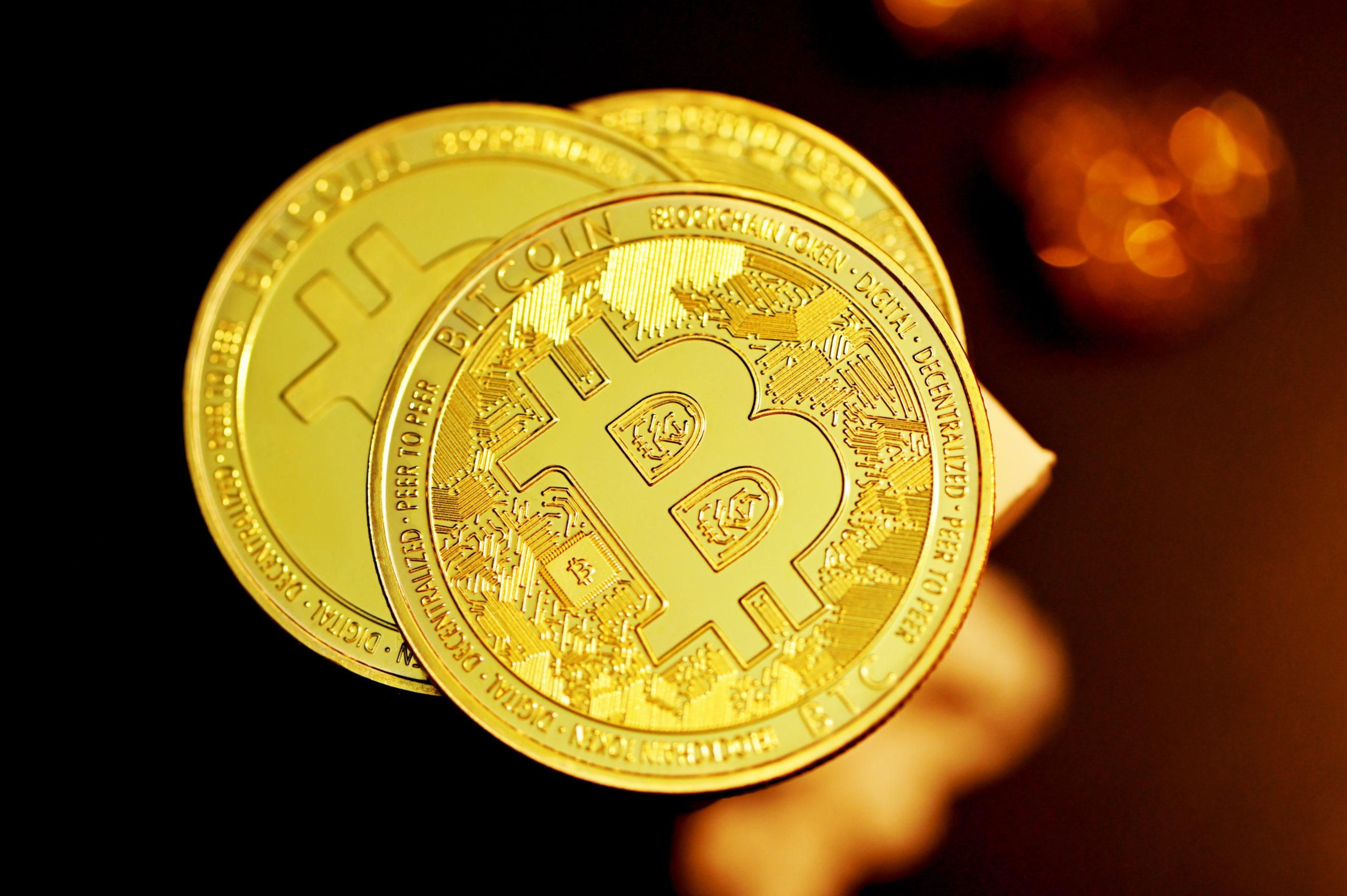Bitcoin Is NOT Digital Gold

One argument I continue hearing in favor of Bitcoin is that it’s digital gold. That it’s a safe haven asset. Its decentralized nature allegedly protects it from market forces like inflation.
This is a fundamental misunderstanding of Bitcoin and cryptocurrencies more broadly.
Bitcoin’s price history juxtaposed with gold, inflation, and the S&P 500 shows that it has more correlation with U.S. equities than it does with gold. The latter of which has historically had an inverse relationship with the value of the U.S. dollar and U.S. equity pricing.
In times of economic uncertainty or inflation, investors have turned to gold. The asset has functioned as a good store of value against a declining currency. There is also a strong human psychology effect where people generally see the tangible asset as valuable.
Bitcoin, on the other hand, has not operated this way, despite what some may say. To be clear – I’m a fan of Bitcoin and cryptocurrencies generally. I own some and I’m bullish on their future. With that said, people need to be honest about their function and utility as investments.
Gold compared to inflation and the S&P 500
The U.S. monetary system was based on the gold standard until the 1970s. Its price chart below shows how it lost value in the years after the world moved from a gold standard to a floating exchange rate largely tied to the U.S. dollar. The chart also shows how investment in gold increased after the dot-com bubble. Its value rose further in the 2000s, especially in the wake of the financial crisis.

In a floating exchange rate world, investors have more exposure to price fluctuations in currencies they hold. In periods of inflation and currency devaluation, gold has served as a good hedge. Commodities in general benefit from inflation given the fact they have pricing power as tangible assets that serve different purposes (like the cobalt that goes into your iPhone, for example).
Compare the U.S. inflation rate chart below with the gold chart above. Generally speaking, in periods of inflation, gold has performed reasonably well. See, for example, its appreciation in recent years as the U.S. has witnessed inflation rise over 5%.

By contrast, there has historically been an inverse relationship in the valuation of gold and the U.S. stock market. In periods of uncertainty – dot-com bubble, financial crisis – gold has rallied while U.S. equities plummeted. We have already witnessed this price action in 2022 amidst equity market volatility. Gold has been a relative safe haven in an otherwise turbulent market.

Bitcoin is not a safe haven asset
Despite what it may have been originally intended as, Bitcoin has not functioned as a safe haven asset. To qualify, it would need to operate similar to how gold functioned in the charts above. Namely, in periods of inflation it would hold its value, whereas in periods of economic uncertainty or crisis it would hold or increase in value.
It has done neither. To be fair, we have less than a decade of Bitcoin data where the market had higher volumes (beginning around 2017). So we have less history for comparative purposes with Bitcoin than we do with gold.
Regardless, in the data we do have, you will see in the Bitcoin price chart below a large drop in value in 2020 (as the pandemic intensified and stocks fell) and in the last few months (high of $68,789 in November 2021 before plummeting along with stocks, while inflation increased).
Based on this data, it appears Bitcoin is far more correlated with U.S. equities than it is with gold. Therefore, Bitcoin is more like a digital stock than it is digital gold.
Why Bitcoin and U.S. Equities are correlated products
From my perspective, this is largely due to the fact that most Bitcoin and cryptocurrency investors are looking to profit from a (hopefully) appreciating asset. Conversely, most investors in gold are seeking to hedge, whether against inflation or economic uncertainty. The investor mindsets are entirely different (most of the time).
Someone looking for appreciation in crypto markets has a similar mindset to someone looking for value in stocks. They are not looking to hedge risk – generally speaking – but to add risk to their portfolio with the hope that the future value of the asset will appreciate. This mindset and approach is arguably why we have seen a strong correlation between Bitcoin and U.S. equity price action.
So before you consider moving currency into Bitcoin or any other cryptocurrency for hedging purposes, consider what recent market history has told us. Despite Bitcoin’s decentralized features that in theory should give it safe haven qualities, its market participants operate more like speculators than investors. Hence the volatility that is more in line with U.S. equities than gold.
Until the investor mindset changes, Bitcoin will not be digital gold, regardless of its safe haven desires.



